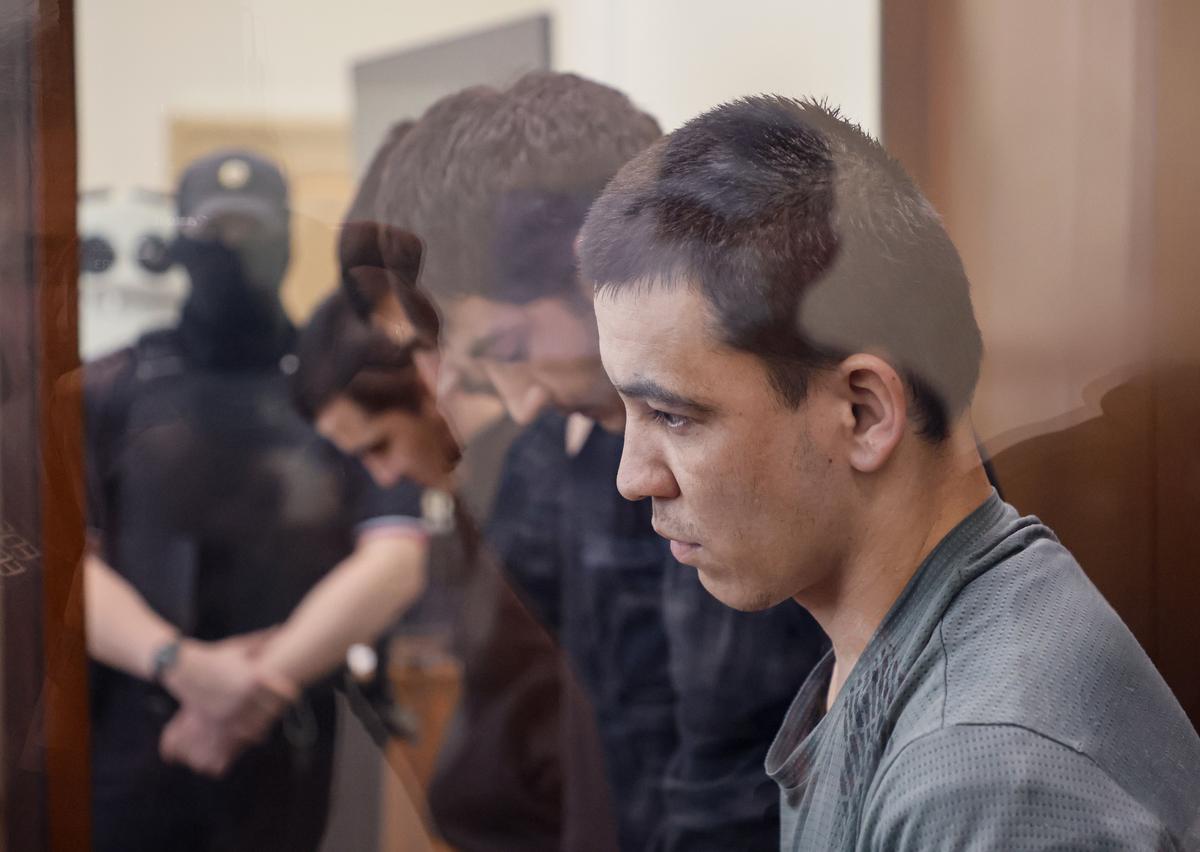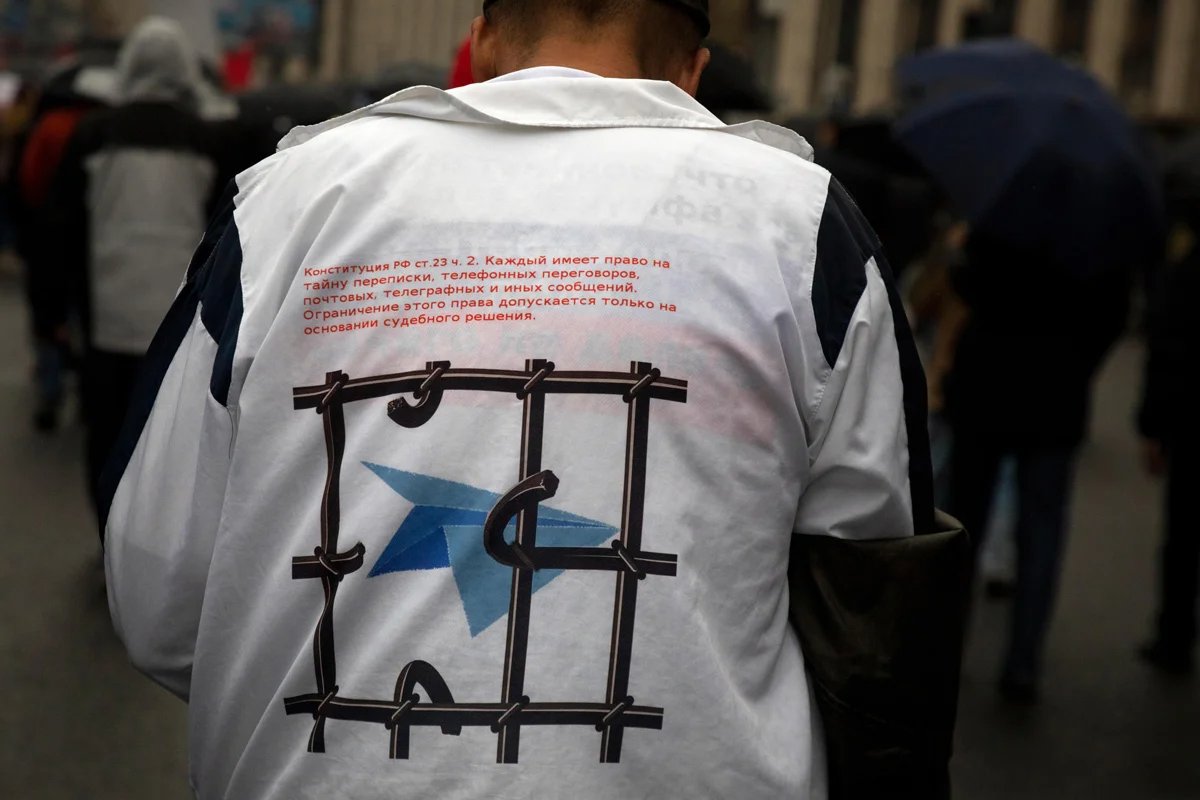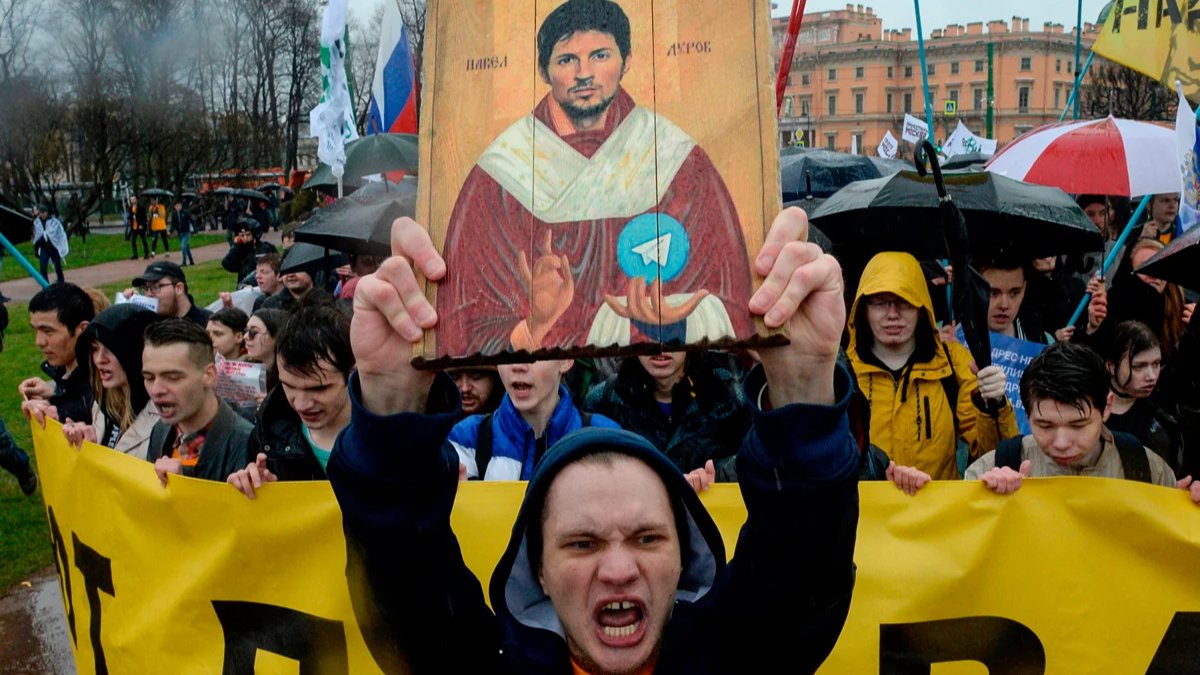Pavel Durov’s detention in France has raised multiple questions about how to strike the balance between the right to privacy and on online platform’s moral and legal duty to moderate content and crackdown on illegal activities. One charge being levelled at the Telegram founder is the app’s laissez-faire attitude to moderating content shared in private chats and private groups, which have allegedly made the platform a powerful tool for terrorists, political extremists, drug dealers and paedophiles.
Notes from the digital underground
Telegram’s privacy policy means it doesn’t monitor messages in private chats or private groups and its moderators can only remove content shared on public channels. This translates to there being no mechanism to prevent the distribution of illegal content in private chats.
Criminals are known to have frequently exploited Telegram’s lack of checks on private interactions. Dark web users can create private channels and groups to offer weapons and fake documents for sale. As a rule, they place ads with photos and links to sites on the dark web where you can pay in cryptocurrency.
Telegram has been here before — the platform was removed from the App Store for 24 hours in 2018 due to its failure to crack down on child pornography. Durov assured Apple that he would take care of the situation, however, and the app returned to the store the following day after Durov removed illegal content flagged by Apple.
Telegram is favoured by those involved in illegal activity principally for its popularity, which makes it a good place to find new customers and make deals without worrying about privacy.
This is not to say that there still isn’t child pornography on the service. Indian media platform The Print reported in July that Telegram had blocked more than 2,000 public groups and channels that showed images of child abuse. But that measure in no way prevents criminals from creating new channels to replace the old ones or sharing content in private chats or channels.
Sometimes entire marketplaces for illegal goods and services are set up on Telegram. Cyber security experts from NortonLifeLock, now part of Gen Digital Inc., found private channels in 2021 in which criminals sold clandestine coronavirus vaccines, personal bank details and networks of thousands of bots. Similar chats offered services helping users to mount Distributed Denial-of-Service (DDoS) attacks on websites and programmes allowing individuals to hack sites themselves.
Drug dealers are also active on Telegram, with the Singaporean Central Narcotics Bureau noting that numerous drug transactions have taken place there. Telegram is favoured by those involved in illegal activity principally for its popularity, which makes it a good place to find new customers and make deals without worrying about privacy.

Pavel Durov. Photo: Pavel Durov
Another major problem for Telegram is the abundance of pirated content being shared on the platform. It’s extremely easy to find movies and TV series being distributed illegally, for example. In 2018, New York-based media outlet The Outline was able to find numerous public groups and channels uploading files and links in violation of copyright. Access to pirated content is now more restricted, but users can still find private groups using special bots.
The right tech support would make it more difficult to distribute illegal content on Telegram. However, users complain that inquiries can go unanswered for months or even years. The number of people tasked with removing illegal content at Telegram is not known, though the platform initially employed just 15 programmers to develop the app.
Telegram terror
Ever since the perpetrators of the 2015 Bataclan terrorist attack in Paris were found to have coordinated their actions via private Telegram chats, the app has played a key role in some of the most devastating acts of planned violence in modern times.
Indeed, Telegram has become the preferred app of Islamic State and has repeatedly been used to recruit new members to the movement, including the terrorists who attacked the Crocus City Hall concert venue near Moscow in March.

Four of the suspected perpetrators of the Crocus City Hall attack in court in Moscow, 19 August 2024. Photo: EPA-EFE / YURI KOCHETKOV
The Middle East Media Research Institute said that jihadis switched to Telegram from other messengers in great numbers due to the availability of private channels. Indeed, even among the many public channels accessible on the messaging service, are a good number directly related to terrorists.
In an interview Durov gave to flagship CBS News programme 60 Minutes in 2016, he stressed his opposition to terrorism, but argued that “this is the world of technology and it’s impossible to stop them at this point.”
The use of Telegram by terror groups again hit the headlines after Hamas attacked Israel on 7 October. Hamas used the messenger to distribute propaganda and anti-Semitic material, according to The Times, and the official Hamas channel was only blocked on 24 October, a full 17 days after the attacks.
Telegram is also host to innumerable channels associated with extremist organisations. In early 2021 Telegram blocked several US far-right groups which were disseminating information on how to manufacture home-made weapons and bombs. Vox reported that Trump supporters have published manifestos on private Telegram channels about the superiority of the white race and calling for the mass murder of Muslims. As private channels effectively don’t exist unless you are a member, there is also no way to file a complaint against channels that aren’t public.
The messenger is also popular with extremists inside Russia, such as supporters of the misogynistic Male State movement, led by Vladislav Pozdnyakov, who currently has more than 300,000 subscribers despite his original channel being blocked in October 2021.
Telegram at war
Durov works hard to appear politically neutral and chooses not to take sides in either political or military conflicts. He famously refused to give the Russian secret services the personal data of Ukrainian activists taking part in the Euromaidan protests in Kyiv in 2013 and 2014 when he was the CEO of social media platform VK, but a lot has changed since then.
Telegram has become a hotbed of propaganda since Russia invaded Ukraine in February 2022, and the service does not block the channels of pro-Kremlin media, Russia’s so-called “Z correspondents” or military reporters who use the platform as a mouthpiece for war.
Since Instagram and Facebook began blocking Russian politicians, Telegram has grown to become their principal social media network. The head of Chechnya, Ramzan Kadyrov, has 2 million subscribers on his channel, for example, while the late leader of the Wagner Group, Yevgeny Prigozhin, also used Telegram to post messages critical of Russia’s military leadership and to announce his ill-fated “march for justice” on the Russian capital last year.
Since Instagram and Facebook began blocking Russian politicians, Telegram has grown to become their principal social media network.
Durov’s company does a lot to help the Kremlin spread its pro-Russian narrative, and has made goodwill gestures including blocking chat bots for Ukraine’s Security Service as well as for its Main Intelligence Directorate. The channel of pro-demobilisation pressure group The Way Home, which campaigns for the return of mobilised reservists from the front line, has also been labelled “fake” by Telegram, despite the fact that it’s nothing of the sort.
Officially, Telegram has not taken a side in the war, complying with European sanctions against Russia and ensuring that pro-Kremlin channels are not visible to users in EU countries. Telegram is also popular in Ukraine, with The Kyiv International Institute of Sociology saying that 44% of Ukrainians consider Telegram to be their main source of news.
Experts from the Washington-based Center for European Policy Analysis believe that it is unsafe for Ukrainians to use Telegram as its management may be in cahoots with the Russian authorities. That said, both Ukrainian President Volodymyr Zelensky and the Ukrainian parliament, the Verkhovna Rada, have official accounts.

A protester wears a shirt with a Telegram logo behind bars on it at an opposition rally in Moscow, 29 September 2019. Photo: Nikolai Vinokurov / Alamy / Vida Press
Durov’s red lines
Telegram has always responded promptly to complaints from various national authorities. In 2017, Durov created a separate group of moderators for Indonesia to remove terror-related content in the country, and a few years later Telegram blocked more than 60 channels in Germany that were spreading false information about the Covid-19 pandemic.
Telegram has also complied with the EU Digital Services Act since it was adopted in October 2022. The law foresees stricter moderation and official cooperation with European law enforcement agencies. After Durov’s arrest, Telegram issued a statement saying it abided by the law and its moderation met all EU standards.
Telegram is also in talks with the European Commission on certain statutes within the law, according to which social media platforms with more than 45 million users in the European Union are categorised as “very large online platforms” and must more strictly moderate content shared. Telegram currently has about 42 million users in the EU.
However, one constant remains, and that’s Telegram’s continued refusal to provide encrypted data from private chats and private channels to third parties, on the basis that it believes the privacy of user data to be “sacred”. It’s unclear whether this firmly held belief will survive Durov’s arrest intact, however.
Join us in rebuilding Novaya Gazeta Europe
The Russian government has banned independent media. We were forced to leave our country in order to keep doing our job, telling our readers about what is going on Russia, Ukraine and Europe.
We will continue fighting against warfare and dictatorship. We believe that freedom of speech is the most efficient antidote against tyranny. Support us financially to help us fight for peace and freedom.
By clicking the Support button, you agree to the processing of your personal data.
To cancel a regular donation, please write to [email protected]

